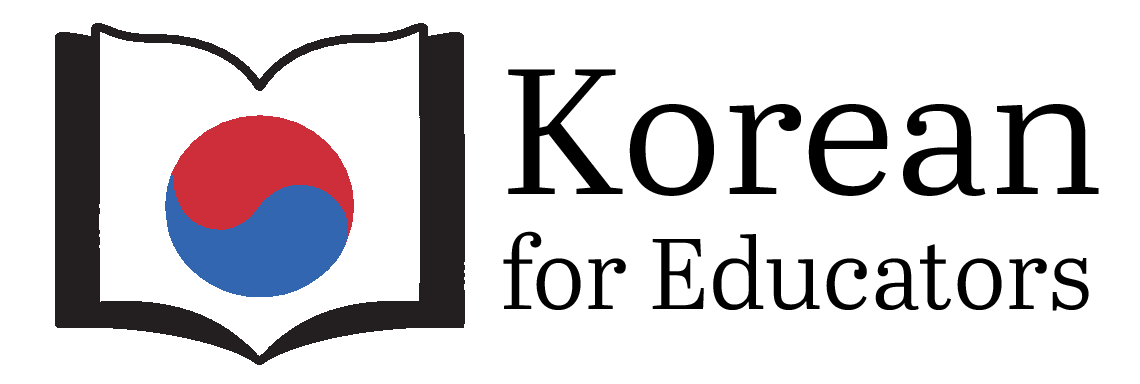Registration is open year-round. Information about new cohort sessions, workshops, field trips, in-person meetings, and other activities will be shared with those who register. If you would like to learn the Korean language and culture, please register here now




















